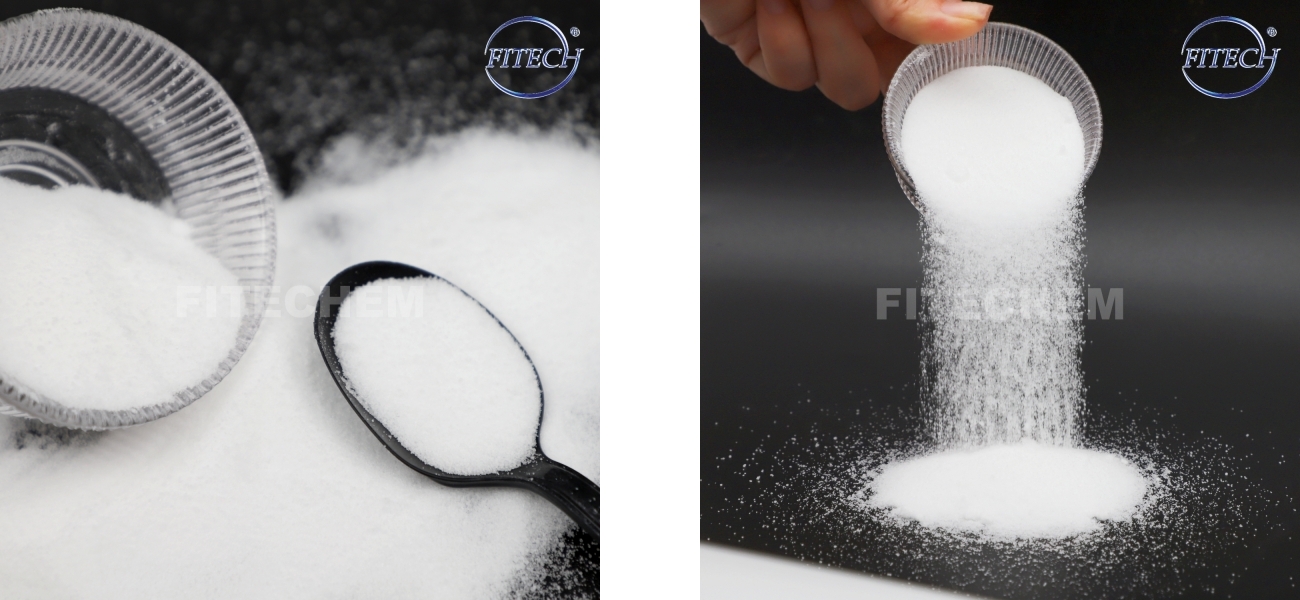I. The role of thiourea in precious metal recycling Precious metal recycling resources recovery is one of the important resource recycling ways, and thiourea is one of the important recycling reagents. Thiourea through adsorption of metal ions to achieve the separation of metal ions, enrichment and recovery, its main role has the following points:
1. Solvent extraction thiourea can form a complex with water, and this complex can form a complex with metal ions, so that the metal in the electrolyte is enriched into the solution to achieve the purpose of recovery.
2. Reducibility Thiourea has reducibility, which can reduce the dilute metal waste liquid containing metal ions into metal particles, and then reuse it, achieving the effect of saving resources.
3. Metal ion separation Thiourea can react with metal ions in the precious metal regeneration process to form a complex to achieve the role of metal separation.
II. At present, thiourea has been widely used in the field of precious metal regeneration, of which the most common application is the recycling of waste electronic components, waste mirrors and waste light bulbs. In addition, thiourea can also be used for precious metal fusion separation, catalyst recovery, precious metal extraction and other aspects. In the fusion separation of precious metals, thiourea can separate the precious metals to achieve the effect of automatic separation. In catalyst recovery, thiourea can be used as an agent to remove impurities such as copper and nickel and improve the recovery rate of precious metals. In the extraction of precious metals, thiourea is often mixed with other organic acids, ammonia, etc., to improve the extraction effect.
III. It can be seen that thiourea plays an important role in the recovery of precious metal renewable resources, and it has a wide range of application prospects in metal separation, enrichment and recovery. Of course, thiourea also has certain shortcomings and limitations, such as for different metals, thiourea recovery effect will be different, and its recovery efficiency will also be affected by the quality of water and the impurities contained in the solution. In general, thiourea as a recovery reagent has a wide range of application prospects, but in the actual application process, the dose and solution need to be adjusted according to the specific situation to ensure the maximum recovery effect.
Post time: Jan-19-2024



